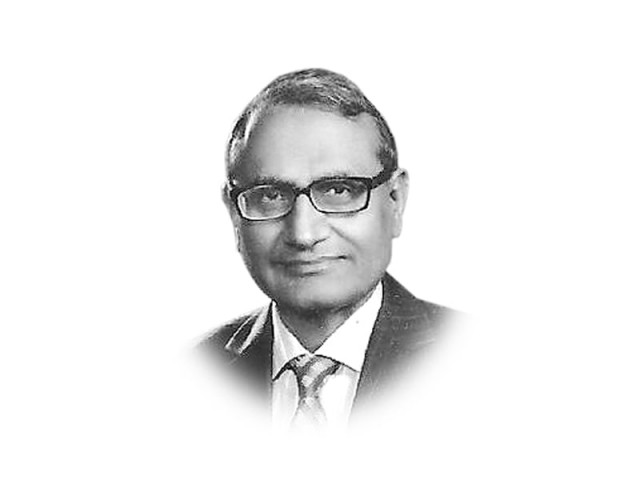Economic interventionism
The cost of litigation and time spent by the judiciary and the executive on cases perhaps exceeded the return.

pervez.tahir@tribune.com.pk
In its second coming, resulting from a popular movement in which Iftikhar Chaudhry was not exactly a sleeping partner, the court resumed its economic interventionism with greater vigour. Rental power agreements, CNG prices, general sales tax (GST) on petroleum and CNG, recovery of increased GST before parliamentary approval, are some of the major cases it took up.
In free market discourse, economies pursuing deregulation, liberalisation and privatisation require a judiciary that can protect the public interest against the excesses of exploitative profit seekers. In effect, the judiciary acts in aid of the market to enforce rules made by a liberalising executive. With a view to securing investments and effective enforcement of contracts, donor projects, like the Access to Justice programme, aim at preparing the judiciary for a deregulatory regime. The project added $330 million to our debt and took five years more than the initially agreed three years, without any impact on the delivery of justice to the common man.
Much has been written about the mutual back-scratching between the bar and the bench, but the objectives of the economic interventions have not been made clear or debated upon. Was the objective to right the pro-elite wrongs aimed at the genuine protection of public interest or was it an ‘offence-is-the-best defence’ strategy? Most cases picked up had a populist appeal, and therefore, were breaking news material for an equally hyperactive electronic media. None, however, came anywhere near the stated outcome. The most hyped-up case of former president Asif Ali Zardari never brought back the exaggerated amounts of allegedly stolen dollars. The cost of litigation and the time spent by the judiciary and the executive on this case perhaps exceeded the return, if any. There was also an urban and middle-class bias. The most important case concerning the rural poor, the appeal against the Shariat Bench judgment on land reform, is pending even after 13 hearings.
Published in The Express Tribune, December 20th, 2013.
Like Opinion & Editorial on Facebook, follow @ETOpEd on Twitter to receive all updates on all our daily pieces.













COMMENTS
Comments are moderated and generally will be posted if they are on-topic and not abusive.
For more information, please see our Comments FAQ